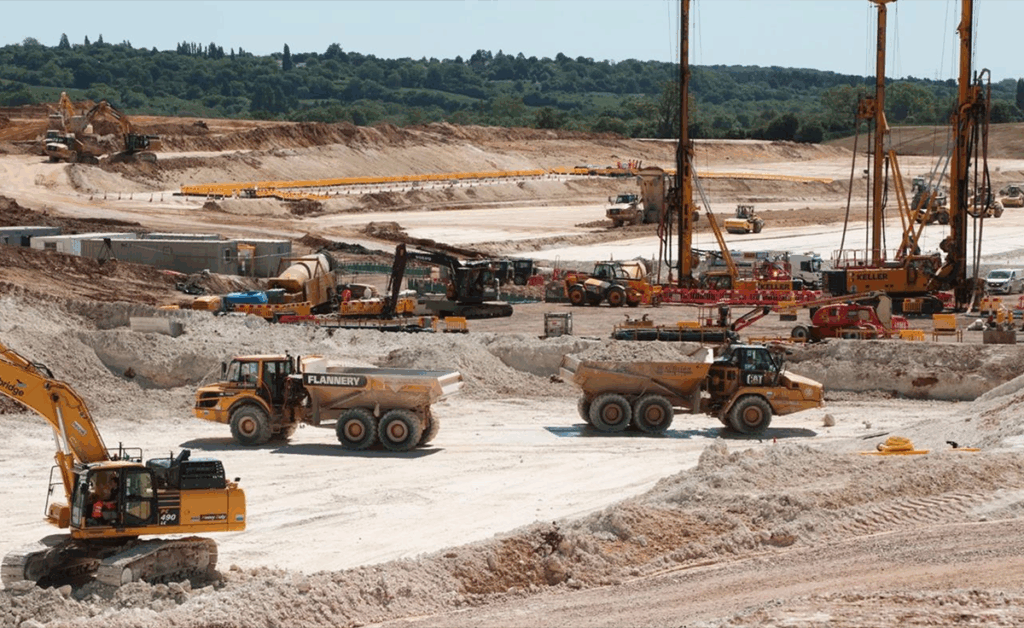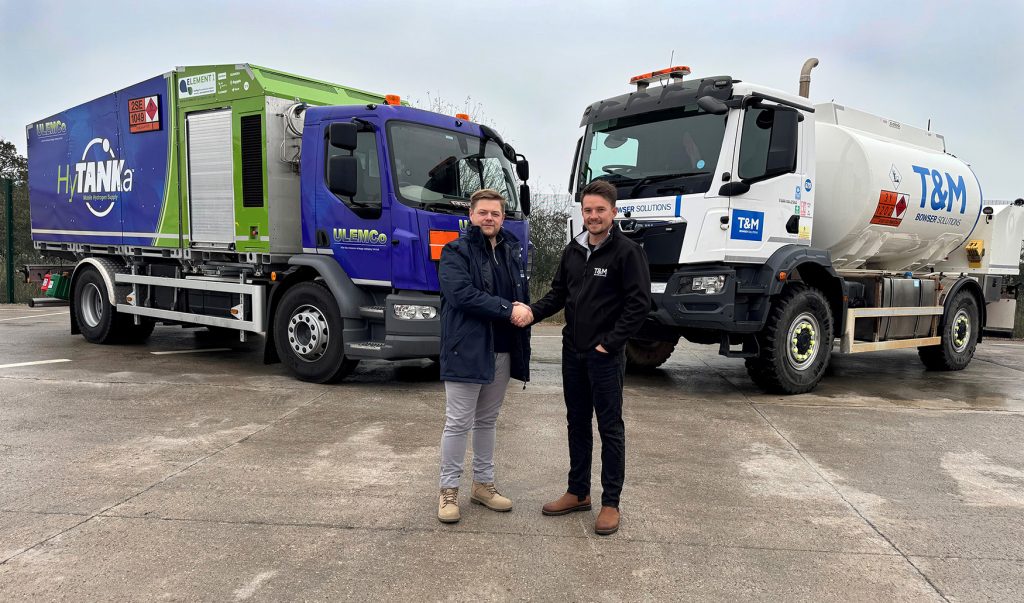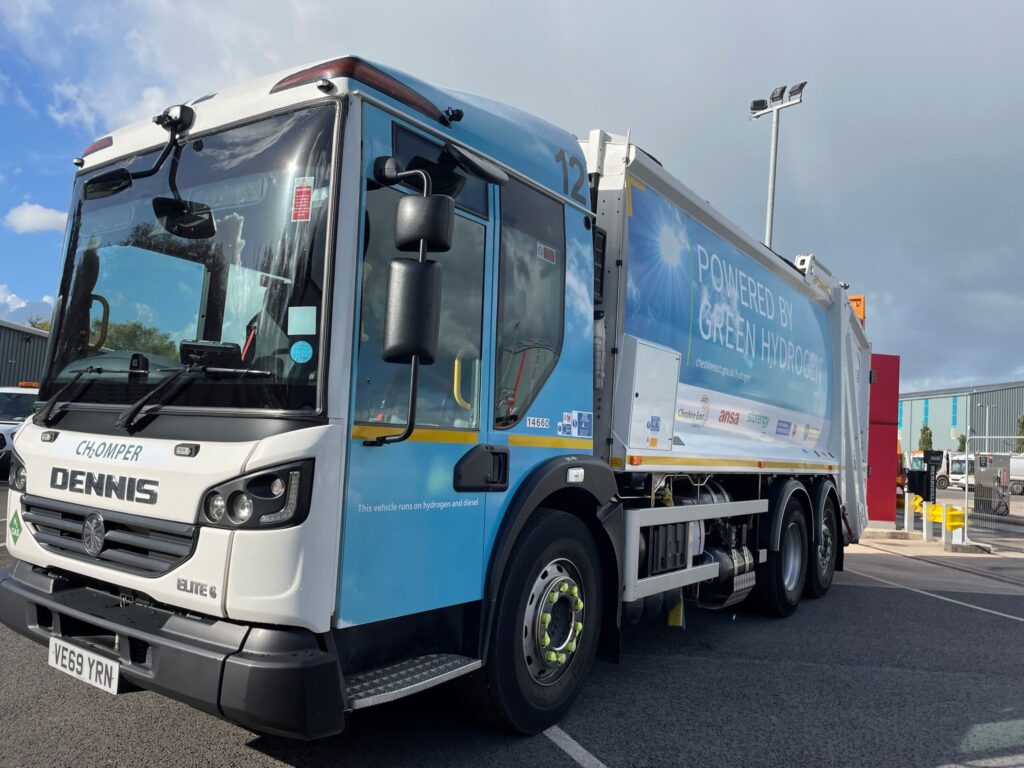Hydrogen internal combustion engines (H2ICE) are a leading technological solution to decarbonise critical off-road, heavy-duty sectors, according to a major report published today. The report recommends that the UK government should classify and promote H2ICE as a zero-emissions technology in line with EU policy.
‘Powering Growth – The Role of Hydrogen Internal Combustion Engines in Non-Road Mobile Machinery’ concludes that hydrogen internal combustion engines (H2ICE) are a leading technological solution to the decarbonisation of critical off-road, heavy-duty machinery. Published by the Hydrogen Internal Combustion Engine Task and Finish Group (convened by DESNZ and the Hydrogen Delivery Council), the report reviews sectors from construction and agriculture to mining and forestry that rely on non-road mobile machinery (NRMM) for their operations.
Additional recommendations include establishing incentives in public procurement and construction contracts to recognise and reward low emission solutions, and creating consistent and harmonised standards and regulations for onsite hydrogen safety and requirements, as well as developing financial incentives specifically for NRMM to accelerate fuel switching.
The work was commissioned early this year to review the latest evidence on the role of hydrogen internal combustion engines (H2ICE) as a decarbonisation option for diesel engines, primarily in NRMM. This sector includes a vast range of applications such as: construction machinery, agricultural and forestry machinery, industrial machinery such as forklifts, mining machinery, railway engines and generators.
It is strongly recommended that H2ICE is accepted as an appropriate net zero emissions technology for rapid decarbonisation of the NRMM sector with the co-benefits of significantly improved air quality. Given the level of reduction in both GHG and regulated emissions available, it is also recommended that H2ICE should be considered a net zero emissions technology for other sectors including on-road applications.
Report conclusion
This review of the evidence on hydrogen combustion confirms that not only can engines be effectively zero carbon, but they will also meet and exceed the needs of air quality emissions, and therefore should be acknowledged as an extremely valuable technology for delivering net zero. This could then provide the least inflationary route to decarbonisation in a significant range of off-road machinery applications, offering a massive opportunity for the industries that use this equipment to become a scaled market for significant demand for hydrogen.
Amanda Lyne



